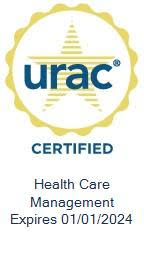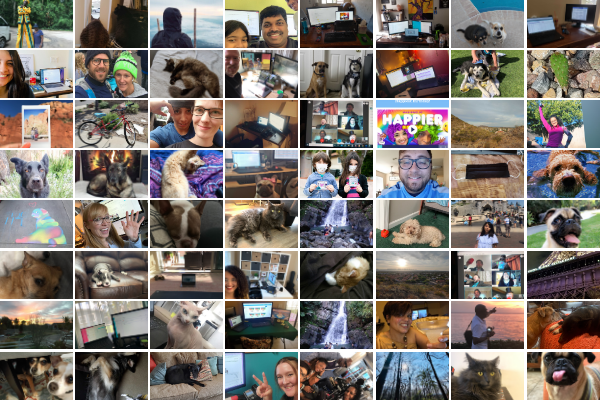Amid Coronavirus, Maintaining Access To Essential Health Services Is Essential
April 28, 2020
The Coronavirus pandemic has proven to be an unprecedented public health crisis. Within days, hospitals, treatment centers and medical professionals were overrun with an influx of COVID-19 patients. And while we have all experienced some level of disruption to our daily lives – from work to school to grocery shopping – it’s critical that Medicaid and Medicare members throughout the country don’t face interruptions to their essential, scheduled medical appointments.
Non-Emergency Medical Transportation (NEMT) makes sure these members – often some of the most vulnerable – retain access to essential medical care in times of increased stress or demand.
We often don’t think of reliable transportation as an essential element of maintaining health. While medical care undoubtedly plays a critical role in maintaining and improving health, it’s only responsible for about 20 percent of overall well-being. Recent studies have shown that other factors, known as social determinants of health, contribute much more to an individual’s health than previously understood. Among the social determinants – including socioeconomic status, physical environment and social networks – access to healthcare stands out as an especially important issue that must be addressed. The COVID-19 crisis is underscoring those disparities. Lower income communities are being hit much harder in terms of hospitalizations and deaths than others.
When discussing access, it’s important to note that access to care is not the same thing as availability of care. Many individuals have healthcare available, but due to a lack of reliable transportation, that care remains inaccessible.
Reliable transportation is an often-overlooked element of medical care, especially for those with private insurance. However, it is one of the top concerns for Medicaid members, and for good reason. According to one study, patients with “higher transportation risk had an average of 41 percent more excess days in the hospital.”
Addressing Medicaid members’ need for reliable transportation is a complex task, and is the sole reason why Veyo was created. Every day, we work to ensure Medicaid and Medicare members have safe, reliable transportation to and from their scheduled medical appointments.
We understand that a missed appointment is more than just an inconvenience. According to the National Center for Mobility Management, a missed appointment reduces physicians’ ability to monitor and track a patient’s condition and reduces opportunities for patients to ask their doctors any questions. Missed opportunities like these can lead to untreated symptoms or late diagnoses. Because of this responsibility, we hold ourselves to a higher standard. This is why our drivers are CPR certified and receive training focused on a variety of medical sensitives and needs. It’s also why we’ve developed first-in-market technology like our RideView portal and Driver app, both of which provide more transparency and accountability than legacy NEMT systems.
With the recent COVID-19 disruptions, we have also offered to quickly shift our transportation resources to better meet the immediate needs of members and medical personnel alike. We are working with third-party stakeholders across the country to make sure our drivers can provide non-medical transportation like trips to the grocery store or pharmacy, or in some cases deliver these items directly to members who are sheltering in place. We are also working to assist medical professionals with transportation and supplies as needed.
Veyo and our employees will continue to work to address the non-emergency medical transportation needs of the country’s Medicaid and Medicare members. We’re proud of what we’ve accomplished in just five years, and with cooperative and collaborative efforts, we will continue to support our Medicaid and Medicare members through these unparalleled times.
Josh Komenda
Josh is the President of Veyo. Before launching Veyo, he was president and co-founder of 2pointb and GoFastCab (Acquired by Total Transit), the creator of one of the first mobile ordering solutions for the taxicab industry. On the weekends, you can find him checking out a new hip restaurant in town, sipping a craft beer from one of San Diego’s micro-brews, or on a bike ride up the 101 in North San Diego County.




